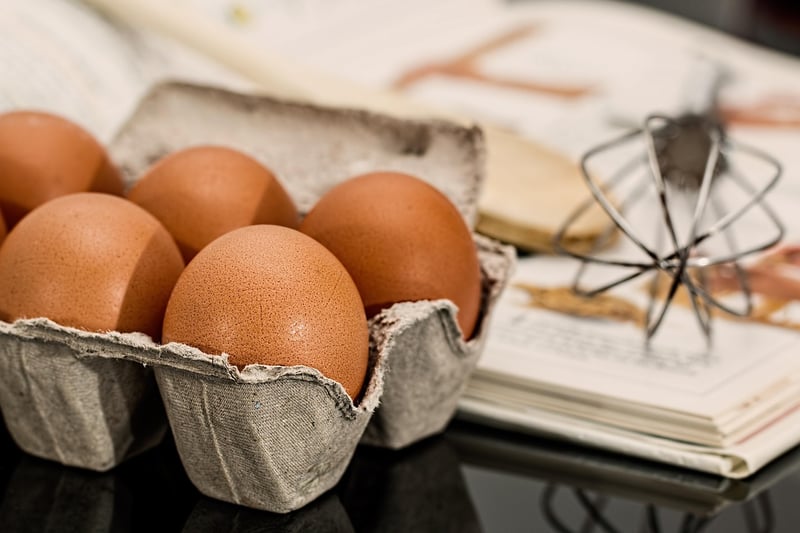Food History
Exploring Food Traditions and Food History
Understanding the Significance of Food Traditions
Food traditions are an essential part of cultural heritage, passed down through generations, shaping the way communities cook, eat, and celebrate. These traditions often reflect historical events, religious beliefs, and geographical influences.
Exploring Global Culinary Diversity
Across the globe, diverse food traditions offer a window into the rich tapestry of human history. From the spicy flavors of Indian cuisine to the delicate art of Japanese sushi, each culture's culinary practices tell a unique story.
The Evolution of Food History
Food history delves into the origins of ingredients, cooking techniques, and culinary customs. Studying food history can reveal how trade routes, colonialism, and migration have influenced the way we eat today.
Connecting Through Food
Food has the power to bring people together, transcending language and cultural barriers. Exploring food traditions allows us to connect with others, fostering understanding and appreciation for different ways of life.
Preserving Culinary Heritage
It is essential to preserve food traditions and culinary heritage to ensure that future generations can continue to savor the flavors of the past. By celebrating and sharing our food history, we keep these traditions alive.
Embracing Diversity in Food
As we celebrate food traditions and explore food history, we embrace the diversity of flavors, ingredients, and techniques that make each cuisine unique. Let's savor the world's culinary heritage together!

Join us on this delicious journey through food traditions and food history, where every meal tells a story and every bite is a taste of the past!
Explore more about food traditions and history here.
